According to five experts in this field, as online creators enter metaverse platforms such as Roblox and Fortnite, some engage in fraudulent behaviors that observers feel could harm brands and marketers’ rising interest in the medium.
Fortnite and Roblox are in the midst of evolving from video games to full-service creation platforms. However, during the last six months, some of their most active users have had to cope with a steady flood of fake copyright claims and other fraudulent activities. This is obviously a natural growing discomfort as the platforms expand, but it could also deter advertisers that have invested in creating custom-branded virtual worlds within them.
Copyright claims
Experienced Fortnite Creative developers sometimes complain about fraudulent copyright accusations made by platform users. On user-generated content (UGC) platforms like Fortnite and Roblox, in-game creators often mimic the most popular and successful experiences when developing their games, resulting in a glut of virtual worlds with similar names, game mechanics, and even thumbnail images. As a result, once a game becomes famous, dozens of low-cost knock-offs — some lacking of genuine substance — are created to divert attention away from the original.
READ MORE: Roblox’s Surge In Programmatics Is Causing Rivalry For In-Game Studios
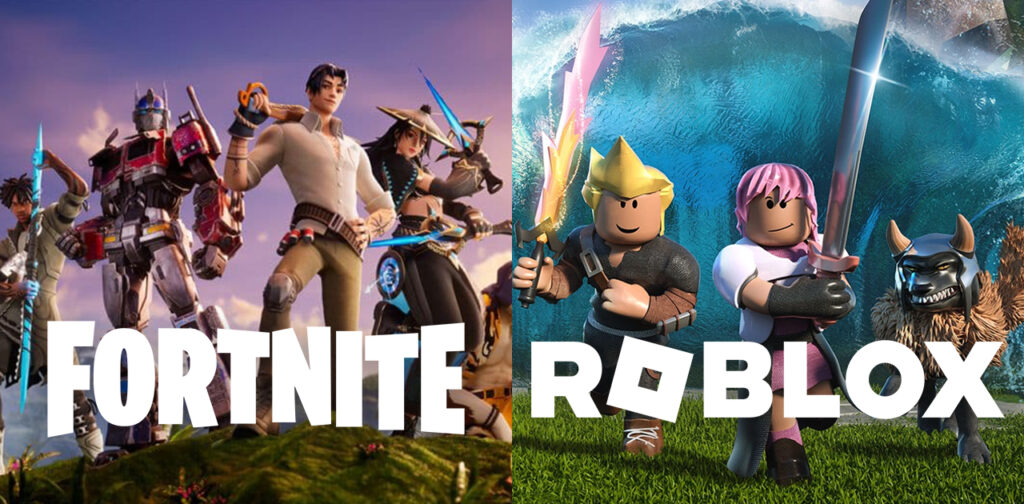
“It’s not the same kind of name scraping that you would see in the app store for the past decade,” said lawyer Ryan Morrison, whose company Morrison Cooper LLP has assisted multiple UGC artists in defending themselves against copyright accusations in the last year. “They swiftly develop these games, mimicking popular elements such as names, mechanics, and assets. And then, if they’re part of a more popular Discord group or have the appropriate influencers backing them, they’ll skyrocket.”
Emulating another creator’s work is not necessarily against Epic Games’ rules — nor does it violate any federal copyright laws. After all, this type of activity is common on established creative sites like TikTok and YouTube. On Fortnite, however, some copycats have gone a step further by submitting fraudulent Digital Millennium Copyright Act (DMCA) lawsuits against their competitors, with the intention of removing their competitors’ experiences and driving more visitors to their own.
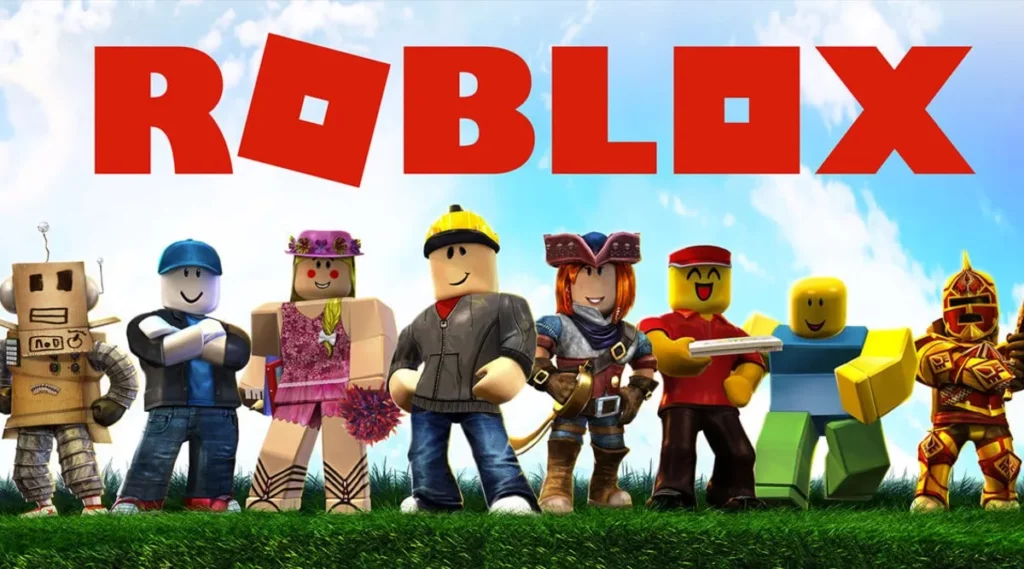
Fortnite’s copyright takedown system completely complies with the DMCA. When someone files a report, the claim is evaluated by a combination of human moderators and automatic systems to establish its validity. Creators who are facing copyright claims are notified of the alleged violation and provided guidance on how to file a legitimate legal counter-notice. If they do, the original reporter has 10 days to bring a legal suit, and the maps will be automatically reinstated if no suit is filed.
READ MORE: Roblox Adds Safety Features To Prohibit Kids Under 13 From Social Areas And Other Experiences
However, the first few days following publishing are critical in deciding the long-term success of Fortnite Creative maps. Sitting in limbo for up to ten days, even if the copyright claim is ultimately shown to be fraudulent, can seriously harm a game’s momentum. Fortnite’s rigorous and DMCA-compliant copyright claim process indicates Epic Games’ dedication to reducing intellectual property infringement on the platform — but creators believe the system fails to adequately protect them when unscrupulous actors exploit this avenue of attack.
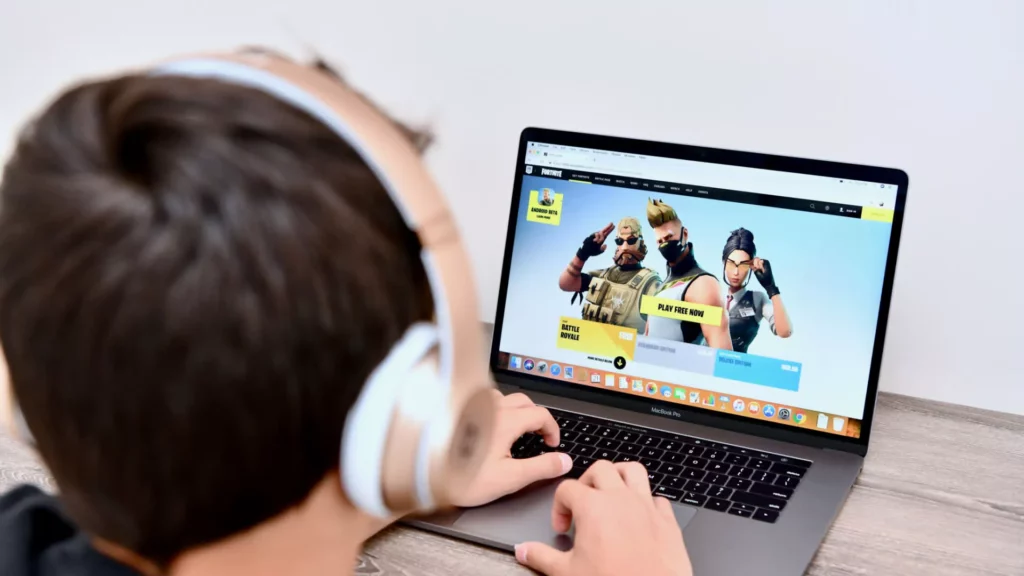
In January, for example, the popular Fortnite Creative studio JOGO released an original game called “Super Red vs. Blue.” Shortly after becoming one of Fortnite’s top ten most popular maps, the game was pulled down for around 24 hours owing to what JOGO officials believe was a bogus DMCA claim made by a competitor.
“A lot of these top maps were doing that as a way to kill momentum for maps, because they’d be stuck for at least 10 days or longer in a DMCA claim, and that would basically remove them from [Fortnite’s] Discover [page] completely,” said JOGO founder and influencer Chad “Mustard Plays” Mustard at the time. “Fortunately, we have good lawyers and were able to file a counterclaim. We got back up immediately and didn’t lose our momentum.”
Transparent moderation procedures
In addition to fraudulent DMCA accusations, several Fortnite Creative developers have been concerned by what they see as a lack of clarity around the platform’s moderation standards, particularly with improper content. Given Fortnite’s popularity among minors, Epic Games is understandably careful about the types of content it does and does not allow, but creators say the business should communicate the reasons for content takedowns more clearly in order to make speedy improvements.
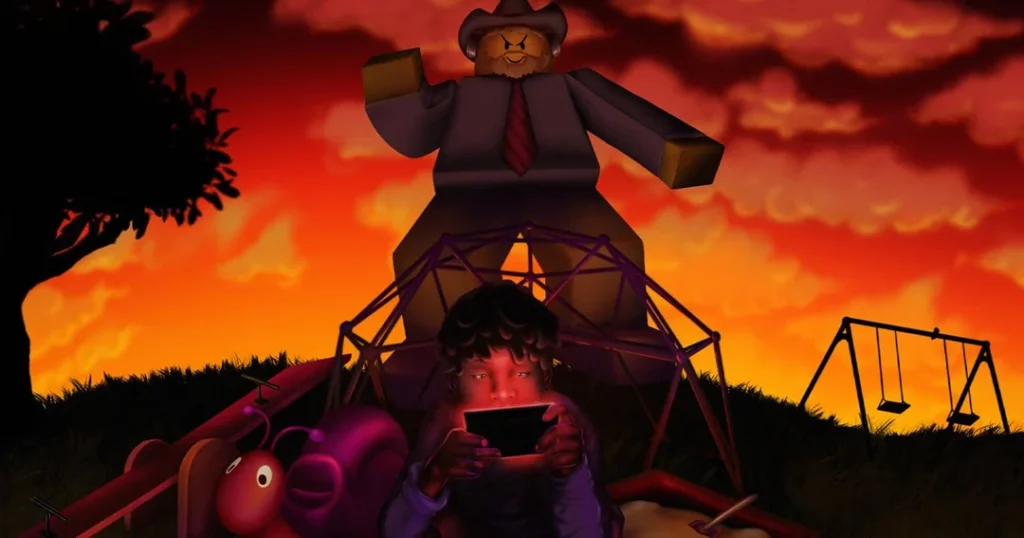
In May, Fortnite Creative company Creators Corp collaborated with influencer collective Dude Perfect and action camera brand GoPro to create a dodgeball map. One month after the experience went live, Epic Games censors removed it, informing Creators Corp that the cause for the removal was “suggestive content.”
Following the takedown, Creators Corp pressed Epic’s connections to explain why the takedown occurred — a virtual panda bear with semi-realistic buttocks — but was unable to do so until meeting with an Epic representative at the company’s Unreal Fest convention in early October.
READ MORE: Roblox’s “Beat Galaxy” Music Hub Is Taken Over By The Rolling Stones
“We don’t really have clarity on any piece of that process—how it works, how it happens, or why things get flagged,” said Jake Laumann, Creators Corp strategy lead. “We’re fortunate because we have that line [with Epic Games] and can get some information and draw some conclusions. But I feel for the 99 percent of other creators who do not have access to any of that.”
The platform’s answer
Both Fortnite and Roblox are acutely aware of creator concerns about copyright claims and moderation, and they are taking steps to address these perceived difficulties. Both platforms, for example, do not automate their copyright claim processes, with humans manually examining each possible takedown report before processing.
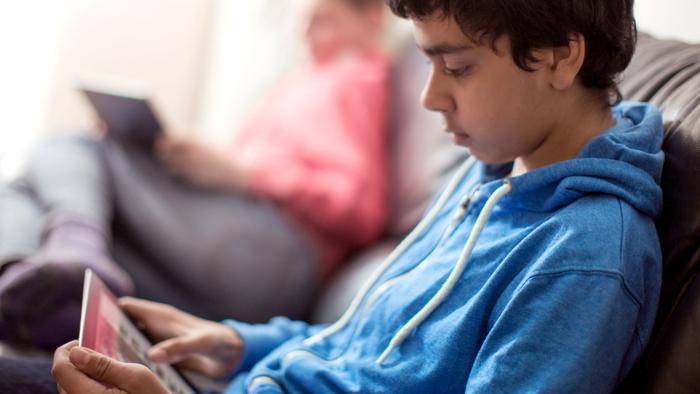
Roblox added a Rights Manager tool earlier this year, which is meant to help rights holders enforce their rights on the platform while also limiting fake claims by demanding ID verification when submitting reports. The business has also stated that it will begin beta testing a claims and complaints management tool for creators in late 2024.
Epic Games, the publisher of Fortnite, has taken numerous steps to address its copyright claim issues since JOGO’s troubles in January. In March, the company announced that its moderators would no longer recognize takedown requests based on a game’s genre, putting an end to some mass reporting attempts. In April, the firm changed its rules to ban games from deceiving consumers into playing them in return for nonexistent free things, which was a previously frequent fraud. Epic developed a new mechanism in September that allows authors to report duplicative promotional content.
“We are constantly evolving our reporting and moderation processes to ensure we are enforcing our policies effectively, communicating them clearly to creators and preventing people from taking advantage of our systems,” a spokeswoman for Epic Games told me. “Creators can always appeal a moderator’s decision, and we will re-evaluate the island.” If we make a mistake, we will correct it as soon as possible.”
As Epic has responded to creator issues, the firm has also increased its efforts to communicate with its users about these improvements, as Creators Corp discovered during its discussion with Epic at Unreal Fest last month.
“The only time we had an opportunity to speak up was at a session at Unreal Fest; they’d just launched a new division that is really dedicated to moderation, and so those people were on stage during that session,” Margot Rodde, the founder of Creators Corp, stated. “And literally the minute they stopped talking, there was a huge line — everybody got up to ask questions and tell them that this is not working.”
Indeed, despite these upgrades, Fortnite Creative developers believe the company could do more to safeguard its creators. The essence of the issue with both the platform’s misleading DMCA claims and its opaque moderation processes is that artists believe they are unable to respond to moderation swiftly, jeopardizing the momentum of new experiences in their critical early days.
Even if designers are able to reactivate their maps quickly, they say there is no structure in place to reimburse them for the lost traffic and engagement caused by fraudulent or unexplained takedowns. As a result, fraudulent behavior, such as fake copyright claims, remains a viable strategy for bad actors to harm both their competitors and the companies with which they collaborate.
“They should have an automatic way of putting you through the discoverer again; there should be a discoverer that’s specifically designed for this, and it’s not the case,” says Rodde. “And no one cares: ‘Go on and just make your next map, and hope for the best.'”
Radiant TV, offering to elevate your entertainment game! Movies, TV series, exclusive interviews, music, and more—download now on various devices, including iPhones, Androids, smart TVs, Apple TV, Fire Stick, and more.


